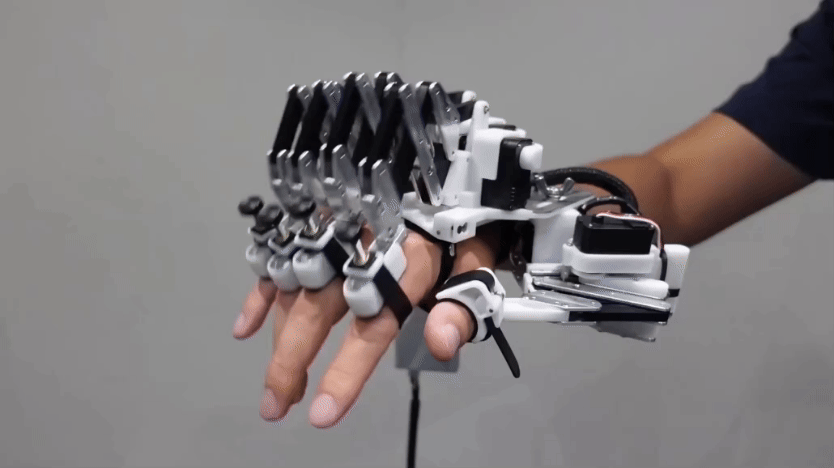Some screen time may aid kids’ recovery from concussions
Kids who spent two to seven hours daily on screens had the fewest symptoms in a new study

Researchers are refining how much screen time is fine following a concussion. Kids may experience fewer symptoms when they spend a few hours on devices each day than if they have no screen time at all, a new study suggests.
SDI Productions/E+/Getty Images
After a concussion, sending a text or watching a TV show probably won’t harm your recovery. New research suggests that some screen time might even help.
A concussion is a brain injury caused by a bump or a blow to the head. It temporarily messes with the brain’s function. A large 2021 study suggested that people should avoid screen time for two days after such an injury. Those who did got well faster than those who didn’t.
The new study suggests the best prescription for screen use may not be quite as clear cut as that.
This new research was underway around the same time as the earlier one. Molly Cairncross and her team also were investigating how screen time affects concussion recovery. A neuropsychologist, Cairncross studies the brain and behavior. She works at Simon Fraser University in Vancouver, Canada. That work focuses on how factors, including social time, affect recovery from a concussion.
A few hours of screen time daily may be better than none at all, this study now suggests. That’s not totally surprising, Cairncross says. “We already knew that kids use screens for social support. And we know that feeling isolated can impact recovery.”
Screen time sweet spot
The new study analyzed health records from 633 kids with a concussion. The 8- to 16-year-olds had been treated in an emergency room between September 2016 and December 2018. The researchers collected health data from before and after the concussions. Patients and their parents filled out questionnaires. They described symptoms a few times in the six months after the injuries: weekly during the first three months, then every two weeks for three more months. Parents also shared information about their kids’ sleep, screen time and other activities.
Screen time was an important factor in recovery, the team’s results suggest — but not in the way they expected. After a concussion, kids reported symptoms such as trouble concentrating, memory problems, dizziness and headaches. The researchers expected that symptoms would increase with time spent on screens. And as in the earlier study, high amounts of screen time were linked to worse symptoms. But two to seven hours a day of screen time seemed best.
Kids in that range reported fewer symptoms than either those who spent more time each day on devices or those who spent less. The researchers shared their findings in the November 2022 Pediatrics.
It’s not clear why screen time seemed to help lessen symptoms. Cairncross suggests this may have to do with the nature of concussion.
This brain injury, she explains, is not structural, like a broken bone. It doesn’t break your brain. Instead, it affects how your brain works. The brain needs rest to heal. But the brain also needs some exercise to aid that healing. And activities on a screen can be one way to use your noggin.
Cairncross points out that what you do on a device matters. For example, texting and videoconferencing could be helpful. Why? They allow kids to connect with others. If a moderate amount of screen time keeps you in touch with your friends and your social support group, she says, it could do more good than harm.
Still, she adds, it’s important not to get too much screen time right after a concussion. “It’s a Goldilocks effect: not too much, not too little.”
But there’s another way to look at the new data, says Ted Macnow. He led the previous study on screen time. Kids with more serious concussions might have avoided screens simply because being on them proved uncomfortable, he says. Macnow is a children’s emergency-medicine doctor. He works at the University of Massachusetts Medical School in Worcester. In other words, he says, less screen time might have been the result of the symptoms, not the cause.
Researchers are still working to understand if types of screen time vary in how they impact recovery. For instance, watching movies may be different than texting friends.
“We’re still fine-tuning exactly how much screen time is okay after a concussion,” Macnow says. Meanwhile, he advises concussion patients not to stress over indulging in a little bit of screen time.







